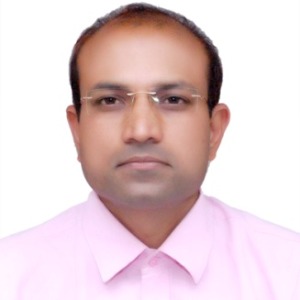Title : Comparative effects of muscle energy technique, foam rolling and ergon technique on hamstring flexibility: A simplified approach for young individuals in a modern rehabilitation study
Abstract:
This study aimed to evaluate the comparative effectiveness of three manual therapy techniques Muscle Energy Technique (MET), Foam Rolling (FR) and the ergon technique in improving hamstring flexibility. The effectiveness of static stretching and the M2T Blade was not included in this investigation. Participants of varying ages were recruited to enhance the generalizability of the findings. Results indicated that the ergon technique was more effective than foam rolling in increasing hamstring flexibility. Flexibility, the ability to move a joint through its full range of motion is a fundamental yet often overlooked component of physical fitness. Unlike other fitness elements such as strength and endurance, flexibility is joint specific; flexibility in one joint (e.g., the shoulder) does not necessarily translate to another (e.g., the hip). While females generally demonstrate greater flexibility than males, both genders experience a decline in flexibility with age. This reduction is not solely a consequence of aging but is also influenced by decreased physical activity. When joints are not routinely moved through their full range of motion, flexibility tends to diminish. This highlights flexibility as a potentially more fragile component of fitness, particularly sensitive to both aging and sedentary behavior. Further research is needed to explore the mechanisms behind this decline.




